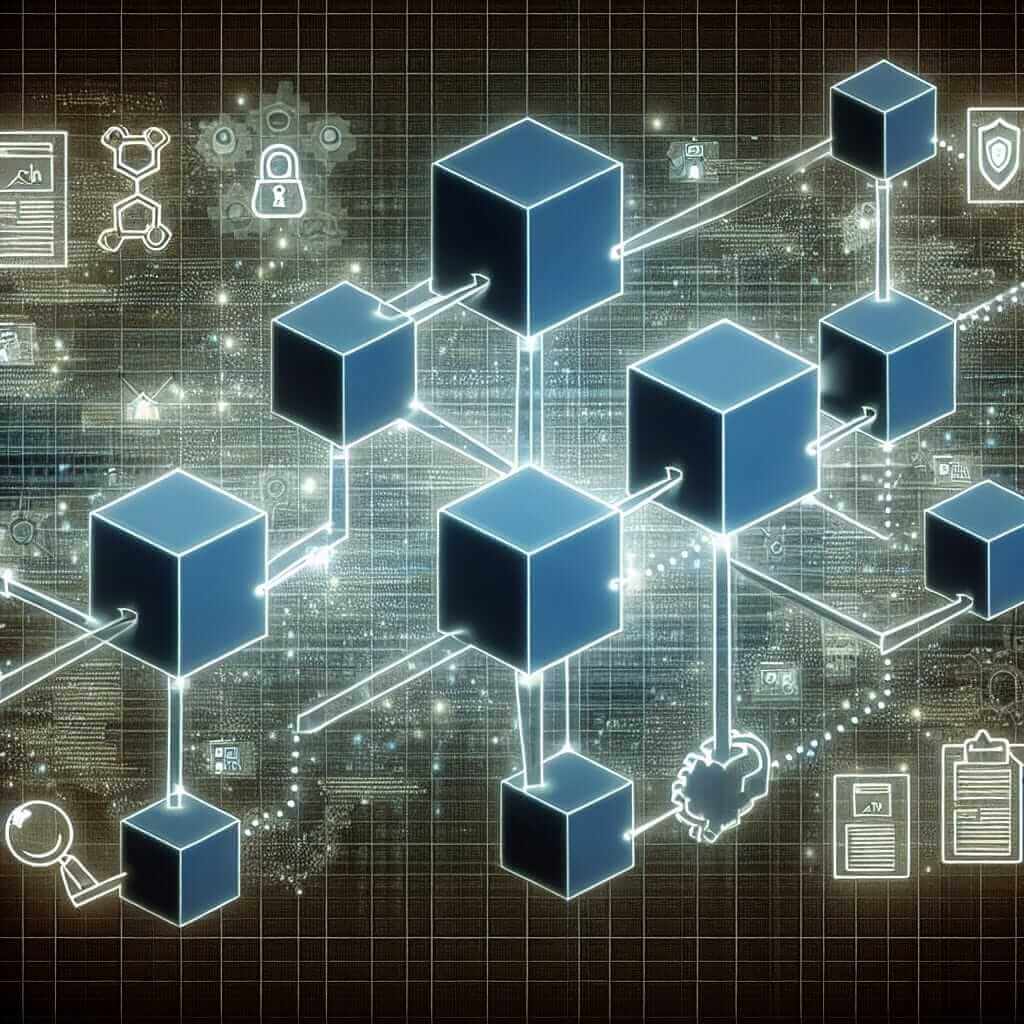The IELTS Speaking test is a critical component of the exam, designed to assess a candidate’s proficiency in spoken English. The examiner evaluates your performance based on four criteria: Fluency and Coherence, Lexical Resource, Grammatical Range and Accuracy, and Pronunciation. Your ability to express ideas clearly and effectively, use a range of vocabulary correctly, and maintain a coherent flow of conversation are key elements to achieve a high score.
Questions like “Describe a recent innovation in your field of work or study” are frequently seen in Part 2 of the IELTS Speaking test. This topic tests your ability to discuss specific advancements and articulate their impact comprehensively.
II. Main Content
1. Part 1: Introduction and Interview Questions
During Part 1, the Examiner will ask basic introductory questions about familiar topics such as your work, study, hobbies, or family. Here is an example of an introductory question:
Question: What do you do for a living?
Suggested Answer:
“I am currently working as a software engineer at a tech firm. My role involves designing and developing software applications, as well as collaborating with cross-functional teams to deliver cutting-edge solutions.”
2. Part 2: Long Turn
Cue Card
Describe a recent innovation in your field of work or study.
You should say:
- What the innovation is
- How it works
- What benefits it has brought
- And explain how it has impacted your field
Sample Answer
Innovation: Blockchain Technology in Digital Security
“One of the most significant recent innovations in the field of digital security is blockchain technology. Blockchain is a decentralized ledger that records transactions across multiple computers so that the record cannot be altered retroactively. This innovation works by creating a list of records, called blocks, which are linked using cryptography. Each block contains a cryptographic hash of the previous block, a timestamp, and transaction data.
The primary benefit of blockchain technology is its enhanced security. Traditional databases have a central point of failure which makes them susceptible to hacking. In contrast, blockchain’s decentralized nature eliminates this vulnerability. Furthermore, transactions on a blockchain are transparent and immutable, fostering greater trust among users.
In my field, which is software engineering, blockchain has revolutionized how we think about digital security. It has enabled the creation of secure applications that ensure data integrity and authenticity without the need for a central authority. This has had a profound impact on protecting sensitive data and preventing fraud.”
Follow-up Questions
-
Question: How do you foresee the future of this innovation in your field?
Suggested Answer: “I believe blockchain technology will continue to evolve and become more integrated into various applications. As more organizations recognize its benefits, we will see a wider adoption in sectors like finance, healthcare, and supply chain management.” -
Question: What challenges might arise with the adoption of this innovation?
Suggested Answer: “While blockchain technology offers numerous advantages, it also faces challenges such as scalability issues, high energy consumption, and regulatory concerns. Overcoming these challenges will be crucial for its sustained growth and widespread implementation.”
3. Part 3: Two-way Discussion
In Part 3, the interaction becomes more abstract and analytical. The examiner might ask broader questions related to the innovation and its implications.
Question: How do technological innovations generally impact the workforce in your field?
Suggested Answer:
“Technological innovations greatly impact the workforce by altering job roles and creating new opportunities. On one hand, they can automate routine tasks, which may reduce the need for certain manual jobs. On the other hand, they generate demand for new skills and expertise, leading to the creation of new job positions. In software engineering, for instance, innovations like artificial intelligence and blockchain technologies have led to a growing demand for specialists in machine learning and digital security.”
Question: What ethical concerns arise from the adoption of new technologies in your field?
Suggested Answer:
“Adopting new technologies often brings about ethical concerns such as privacy issues, data security, and the potential for job displacement. It’s important for industry leaders to navigate these issues responsibly by implementing robust data protection measures and ensuring that employees receive the necessary training to adapt to new technological demands.”
4. Vocabulary and Structures for High Scores
Important Vocabulary
- Innovation: [ˌɪn.əˈveɪ.ʃən] (Noun): A new method, idea, or product.
- Blockchain: [ˈblɒk.tʃeɪn] (Noun): A system in which a record of transactions made in cryptocurrency is maintained across several computers.
- Cryptography: [krɪpˈtɒɡ.rə.fi] (Noun): The art of writing or solving codes.
- Immutability: [ɪˌmjuː.təˈbɪl.ə.ti] (Noun): The quality of being unchanging over time.
- Decentralized: [diːˈsɛn.trəl.aɪzd] (Adjective): Without a central control.
Key Structures
- Use logic connectors to organize your answer: “Firstly”, “Moreover”, “Additionally”, “In contrast”.
- Utilize complex sentences for higher grammar scores: “Given that blockchain is decentralized, it inherently provides enhanced security.”
- Employ advanced vocabulary: “Blockchain technology is lauded for its transparency and resistance to fraud.”
<
III. Examiner’s Advice and Preparation Tips
- Practice Regularly: Regular practice helps improve fluency and confidence. Record yourself speaking on various topics to identify areas for improvement.
- Expand Vocabulary: Learn and use idiomatic expressions and topic-specific vocabulary.
- Engage in Real Conversations: Speak with native English speakers or engage in conversation groups.
- Stay Updated: Read about recent innovations and advancements in your field to have content ready for discussions.
- Seek Feedback: Get feedback from teachers or peers to refine your speaking skills.
By incorporating a blend of substantial content, structured answers, and advanced vocabulary, you can significantly enhance your performance in the IELTS Speaking test. Focus on developing a natural flow of conversation and clear articulation of your ideas to impress the examiner.